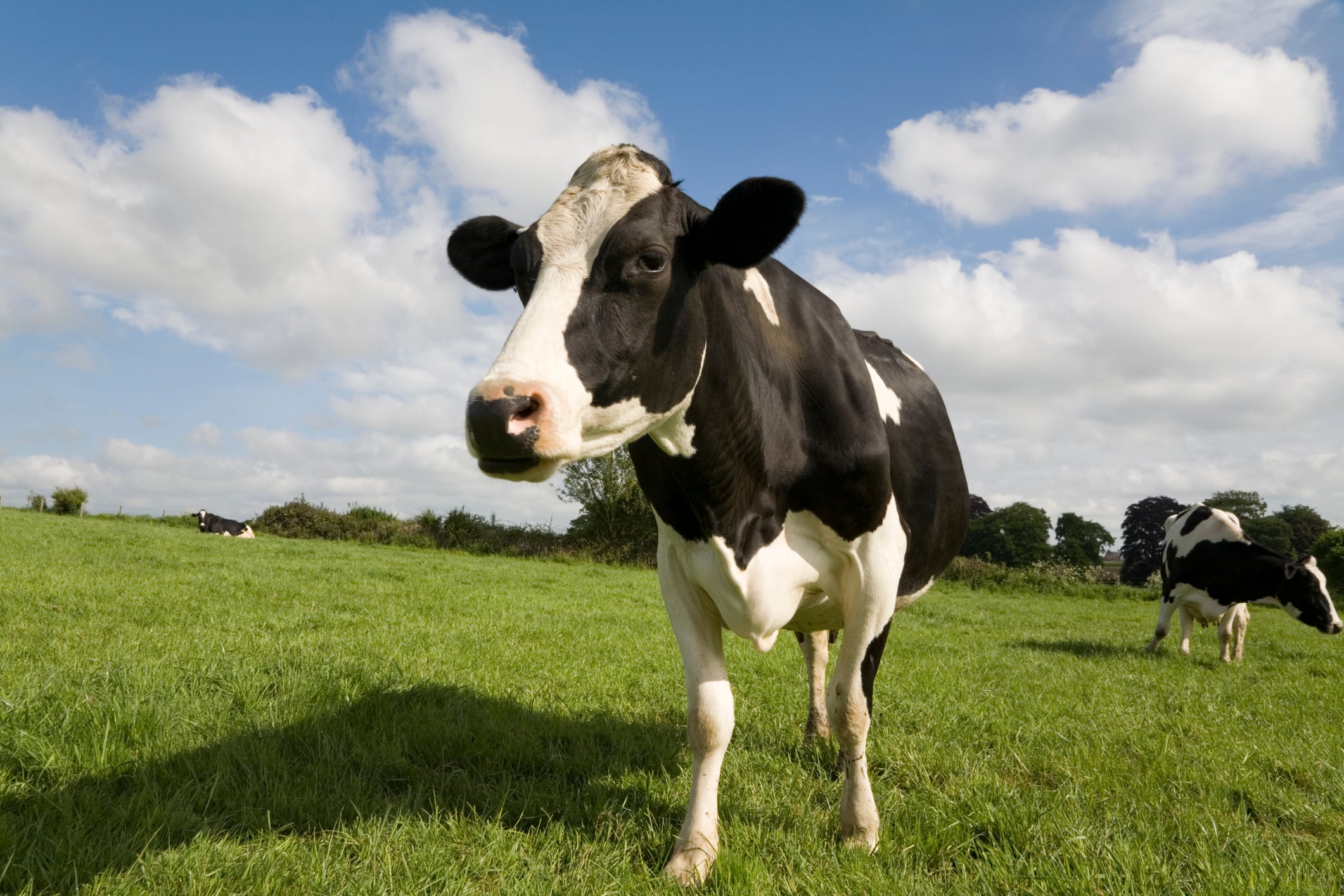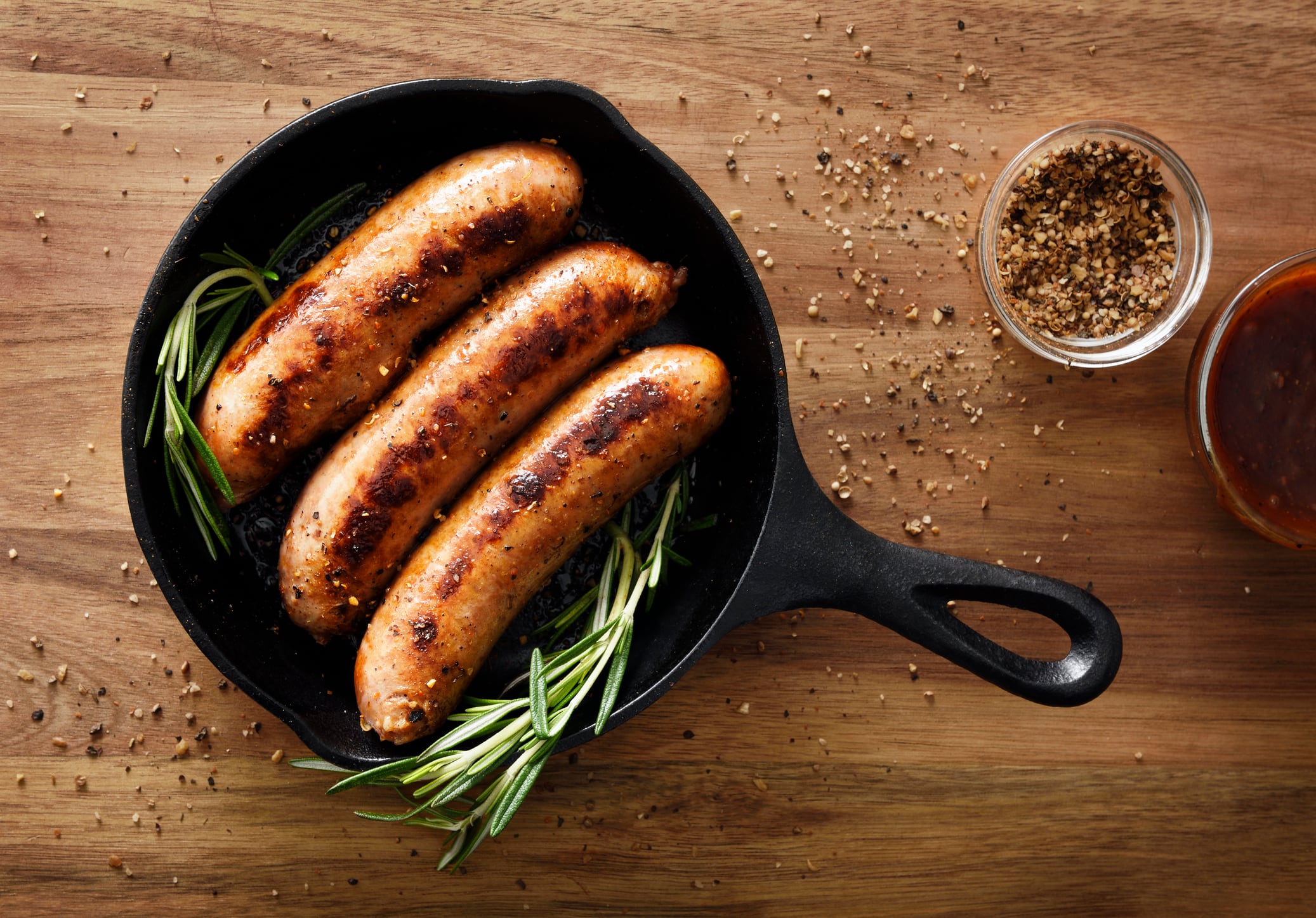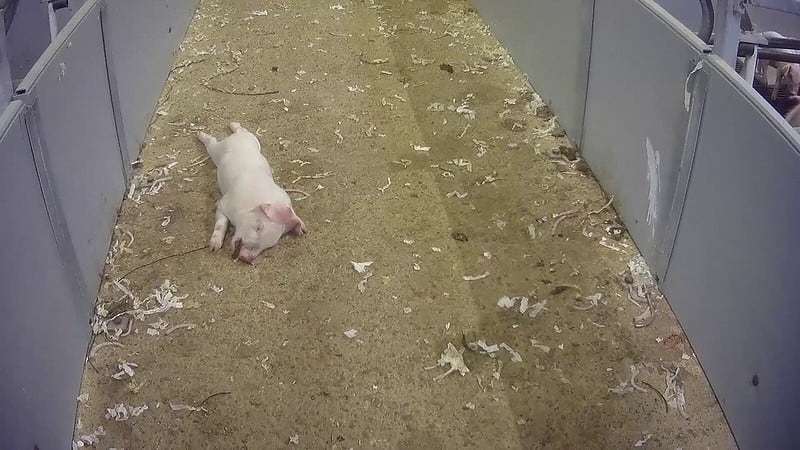The Animal and Plant Health Agency (APHA) announced on 20 May that a case of atypical Bovine Spongiform Encephalopathy (BSE) had been detected and that the cow has now been culled.
The animal had shown some clinical signs of BSE and was then tested as part of Defra’s routine surveillance programme. The APHA has said that there is no risk to public health or food safety from this case and the animal was not destined to enter the food chain.
Atypical BSE is a naturally occurring, non-contagious disease in cattle that occurs spontaneously, and is distinct from classical BSE which is linked to contaminated feed.
Chief veterinary officer Christine Middlemiss said: “A single case of atypical BSE has been confirmed on a farm in Essex. The animal died on farm and was tested as part of our strict routine controls and surveillance regime.
“Atypical BSE is distinct from classical BSE and is a spontaneously and sporadically occurring, non-contagious disease which is believed to occur at a very low level in all cattle populations. This is proof that our surveillance system for detecting and containing this type of disease is working.”
Meanwhile, Dr James Cooper, deputy director of food policy at the Food Standards Agency, reassured consumers that no food safety risk exists as a result of the case.
“There are strict controls in place to protect consumers from the risk of BSE, including controls on animal feed, and removal of the parts of cattle most likely to carry BSE infectivity,” Dr Cooper said.
“Consumers can be reassured that these important protection measures remain in place and that Food Standards Agency Official Veterinarians and Meat Hygiene Inspectors working in all abattoirs in England will continue to ensure that the safety of consumers remains the top priority.”
The overall risk status for BSE in Britain remains at ‘controlled’, while the World Organisation for Animal Health and trading partners have been informed of the case.
BSE is a notifiable animal disease and must be reported to Defra immediately.





